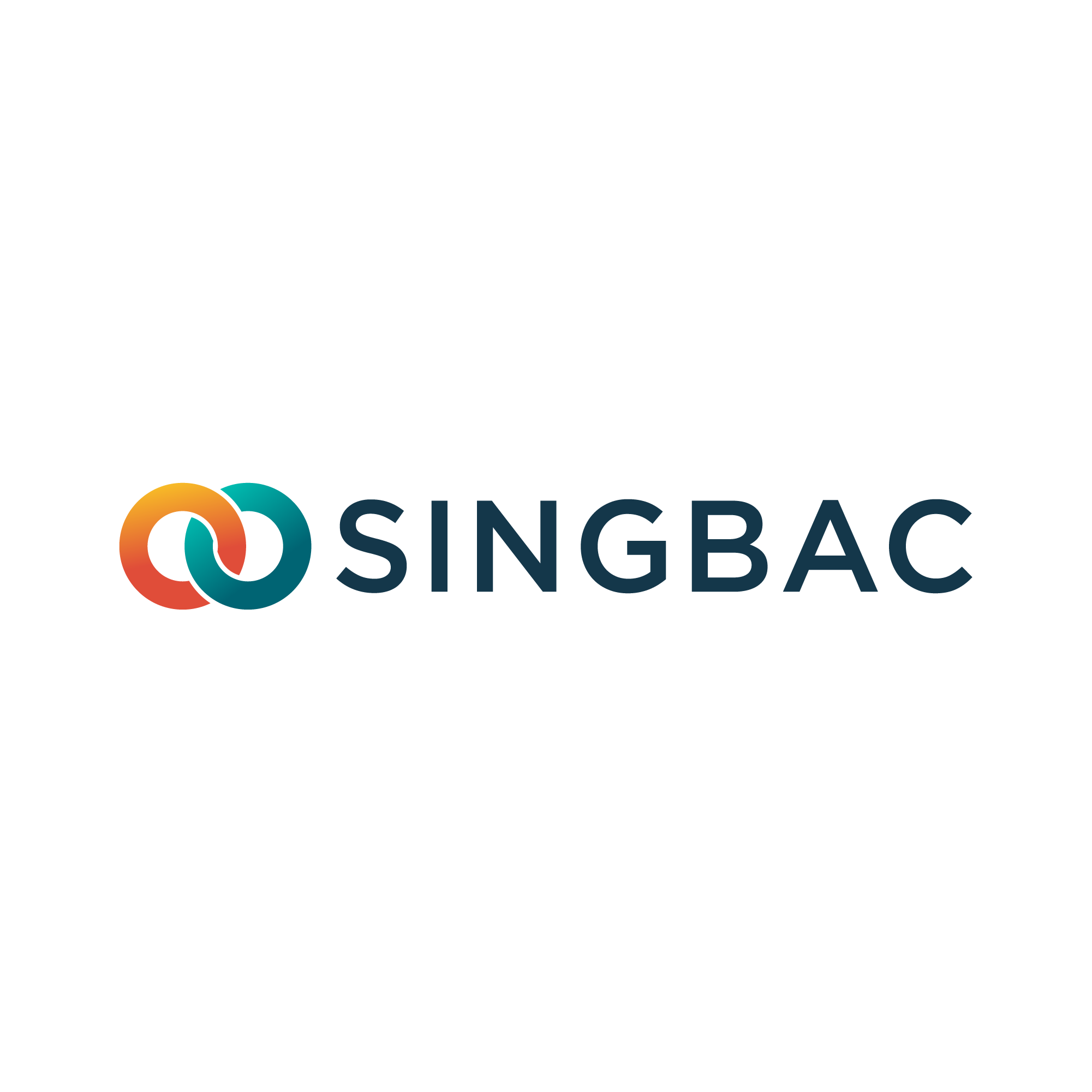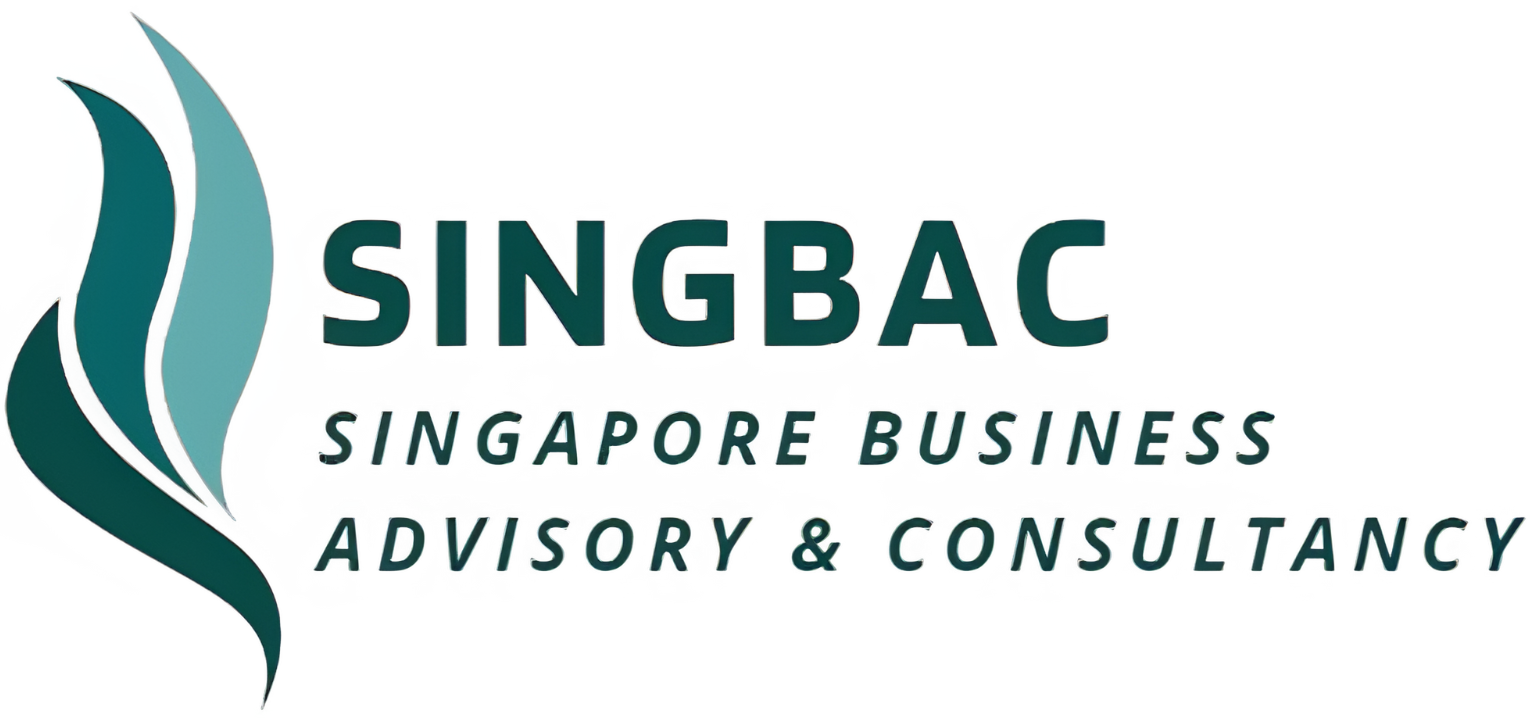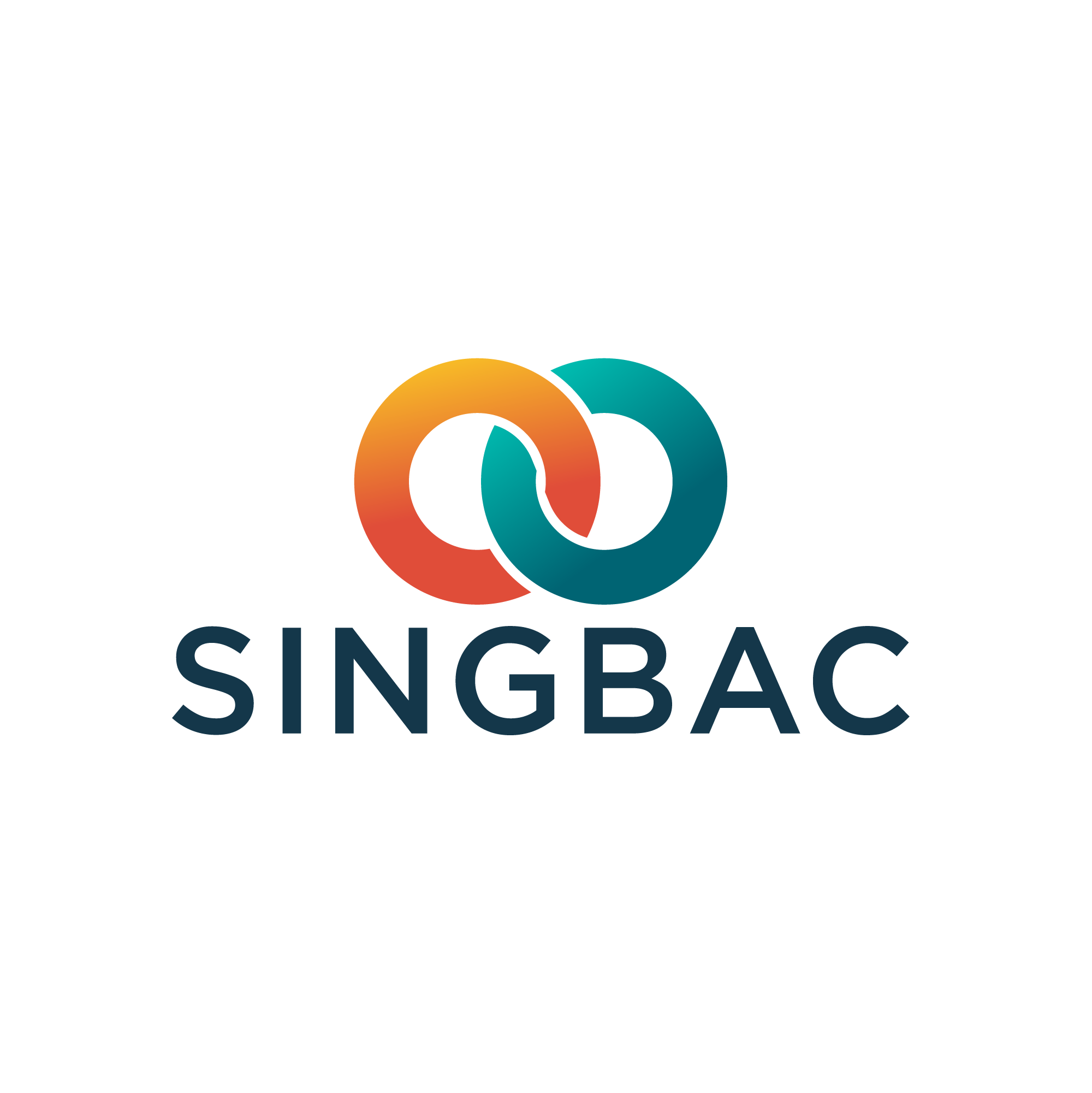If my previous article on Singapore’s corporate tax guide caught your interest, you will find this piece helpful.
Setting up a new business in Singapore comes with its set of rules, and I want to touch on something every business owner should know: Financial Reporting Standards.
We’ll dive into the essentials of financial reporting in Singapore, helping you understand what these standards mean for your business.
Together, let’s explore how to prepare your financial statements, ensuring they are clear, accurate, and in line with the regulations.
Let’s get started!
What are the financial reporting standards in Singapore?
Since 2003, all companies in Singapore must follow the Singapore Financial Reporting Standards (SFRS). These standards are based on the International Financial Reporting Standards (IFRS).
Simply put, the SFRS helps people understand a company’s financial health. Investors and lenders commonly use this to determine a business’s value.
As a business owner in Singapore, it’s fundamental for you to submit your company’s financial statements to the Accounting and Corporate Regulatory Authority (ACRA).
Your statements must align with SFRS, as defined by the Accounting Standards Council (ASC).
They should accurately and honestly portray your company’s financial health, adhering to the ASC’s guidelines.
What comprises a financial statement in Singapore?
At this point, you are undoubtedly familiar with financial statements. But let’s take a moment to unpack the meaning of each component.
A financial statement typically includes the following:
1) Balance sheet: A snapshot of your company’s assets, liabilities, and shareholders’ equity at a specific time.
2) Comprehensive income statement: This part details your company’s revenues, expenses, and profits or losses over a period.
3) Cash flow statement: An overview that captures the cash entering and leaving your business, categorizing it into operations, investing, and financing activities.
4) Statement of changes in equity: This section keeps track of the changes in the company’s equity over the financial year, such as issued shares and transactions with shareholders, providing a summary of equity adjustments.
5) Notes: These are additional explanations that accompany the financial statements, helping clarify specific items such as accounting policies and other essential aspects, making the statements easy to understand.
6) Comparative information: Your financial statements should also include comparisons. It means presenting the current year’s statements and notes alongside those from the previous year, allowing for a clear year-over-year comparison and analysis.
Exemptions in business financial reporting: Who qualifies?
You might be wondering, as a small business owner, do the same intricate rules of the full SFRS apply to you?
Navigating through the complexities of financial disclosures can be quite a task. However, the SFRS for Small Entities (SEs) issued by the ASC simplifies things.
It has less complicated requirements, making it easier for you to prepare your financial statements and for others to understand them.
To be eligible, your business must meet at least two of the following criteria:
- Total annual revenue less than S$10 million
- Total assets less than S$10 million; or
- Having not more than 50 employees
Remember, it’s necessary to include all six components I mentioned earlier in your financial statement.
For the part about comprehensive income in your financial statements, you’ve got options.
1) Please keep it simple with one statement that clearly outlines your income, expenses, profits, and losses.
2) Or, you could go for two separate statements:
- One would be your regular income statement, and
- The other is a comprehensive income statement that includes extra details like gains or losses from changes in the value of assets, like derivatives.
Don’t worry too much about these extra details, though. They are not common for smaller businesses, and the main goal is to give a clear picture of your business’s financial performance.
Additionally, it’s worth noting that certain businesses do not have to file financial statements with ACRA. They are:
- Sole proprietorships
- Partnerships (and limited partnerships)
- Solvent Exempt Private Companies (EPCs)
- Dormant unlisted companies that have been inactive since they were formed or since the end of the last financial year.
Sole proprietors and partnerships are not required to file financial statements.
Still, they or their corporate secretaries must maintain accurate account records and prepare a Statement of Account each accounting period.

Financial Reporting: A closer look at other highlights in Singapore
Now that we know the basics of financial reporting standards and who is exempt, let’s dive deeper.
If you’re starting a private limited company, there are more aspects to consider in financial reporting. This applies whether your company is active or not.
Let’s explore these additional highlights to prepare your financial reports better.
What is an annual return?
An annual return is a collection of updated documents submitted electronically to ACRA. It contains the latest information, ensuring that records are kept current and accurate.
They include:
- Company identification
- Business activities
- Registered office address
- Details of directors and secretaries
- Shareholder information and share capital
- Annual financial statements
Under the Singapore Companies Act, you must file an Annual Return with ACRA within 30 days of your company’s Annual General Meeting (AGM).
Since 1 November 2007, there’s an added requirement: Companies like yours, required to file financial statements with ACRA, must do so in XBRL format.
This is a specialized XML-based format used by businesses to exchange financial information seamlessly.
You can manage all these filings conveniently using BizFile, ACRA’s dedicated online system.
If your company is not required to file financial statements, you must submit an online declaration when filing your annual return.
You can learn more about preparing and filing your annual return from this guide.
Audit of financial statements
If your company meets any two of the following three conditions, it may be required to have its financial statements audited once prepared:
- Annual revenue over S$10 million
- Total assets above S$10 million, or
- A team with more than 50 employees
For those managing a smaller or inactive company, you can prepare unaudited financial statements, as long as specific criteria are met.
An inactive company is any company that has not conducted business or generated any income in the past tax year.
What is an Annual General Meeting (AGM)
An AGM is an annual meeting where shareholders, like you, participate in key company decisions.
Held at specific times each year, it primarily focuses on reviewing and approving the company’s financial statements.
The general rules of the AGM are:
- Hold the first AGM within 18 months after starting the company.
- Ensure that each AGM is held no more than 15 months apart.
- Present accounts at the AGM that are updated within 6 months of the meeting.
Within one month of the AGM, you must file an Annual Return (AR) with ACRA for your Singapore company.
The AR should include details such as the particulars of the company officers, the registered address, and auditors (if applicable).
Filing of annual tax return with IRAS
The Inland Revenue Authority of Singapore (IRAS) is in charge of tax collection, and every Singapore company must file their annual tax return to IRAS by November 30 each year.
There are two points to note:
1) IRAS requires your company to file an Estimated Chargeable Income (ECI), a rough calculation of your taxable income for the recently ended financial year.
- You should do this within three months after the financial year ends.
- However, if your company’s annual revenue is less than S$5 million, you don’t have to worry about filing the ECI.
2) Besides filing the Estimated Chargeable Income (ECI), your company also needs to submit an annual income tax return using form C or C-S.
- Don’t expect to receive these forms in your company’s incorporation year; they typically arrive by May of the second year.
- For instance, if your company starts in 2021, expect your first tax forms for assessment by May 2023.
Whether local or foreign, your company will be taxed at a flat rate of 17% on its chargeable income.
Singapore Goods & Services Tax (GST) registration
Goods & Services Tax (GST) in Singapore is similar to the value-added tax (VAT) in other countries. Currently set at 8%, the consumption tax will rise to 9% from January 1, 2024.
GST is ultimately paid by the end consumer, but it’s your responsibility as a business to collect it and pass it on to IRAS.
Essentially, your business acts as a GST tax collector for the authority.
- Businesses with an annual taxable turnover over S$1 million must register for GST.
If your revenue is less, registration is optional. However, consider registering if you expect turnover to exceed S$1 million in the next 12 months.
Simplifying your financial reporting journey in Singapore
Managing a business, big or small, often means wearing many hats.
You aim for profit while also tracking every dollar and making sure everything aligns with Singapore’s financial reporting standards.
Remember, the structure of your business influences the roles you’ll play and the responsibilities you’ll manage.
Incorporation, financial statements, and reporting standards might seem complicated, but that’s where Singbac come in.
By working with a team of experienced partners we make these tasks simpler, so you can focus more on growing your business and less on the paperwork.
Contact us today and find out how we can assist your business needs.



